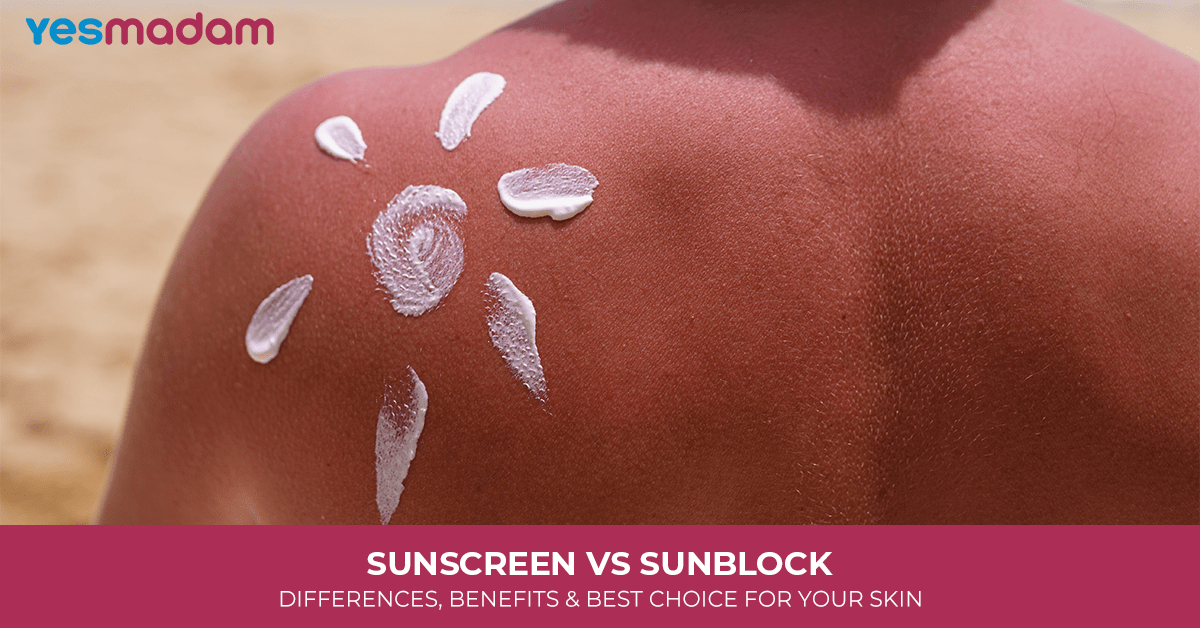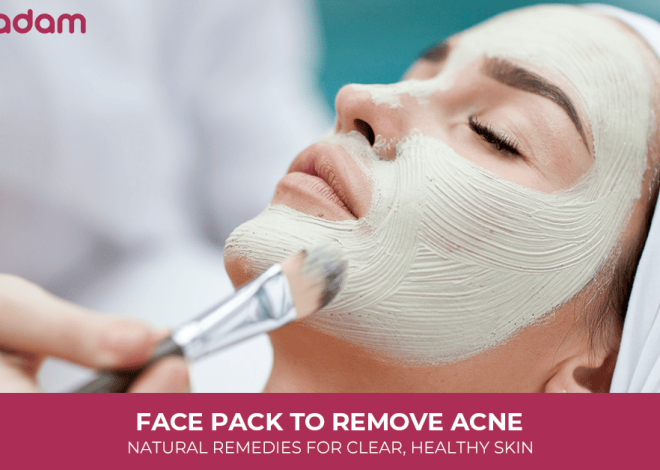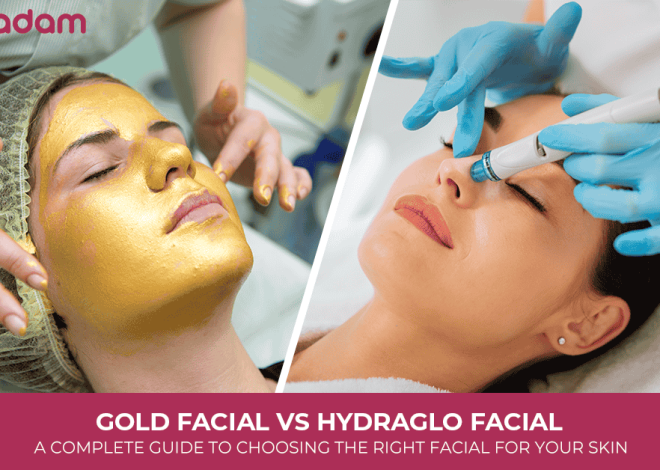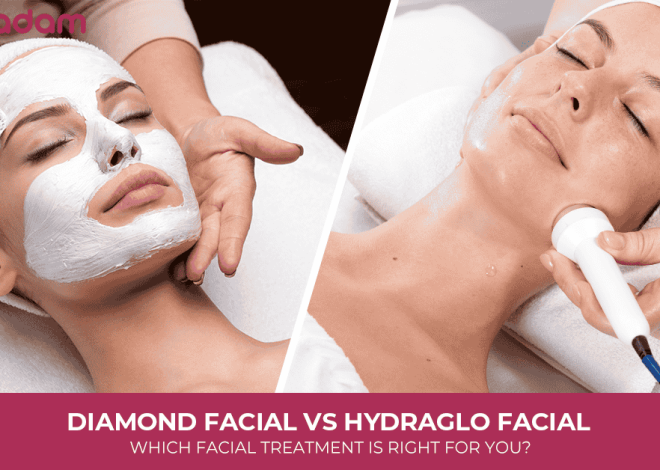
Sunscreen vs Sunblock: Differences, Benefits & Best Choice for Your Skin
When it comes to daily sun protection, the debate of sunscreen vs sunblock sparks endless curiosity. Walk into any store’s skincare aisle, and you’ll likely find both terms printed on bottles—sometimes even side by side. You may have asked yourself: Do they mean the same thing? Which one works better? And which should I actually be using for my skin?
While both products aim to protect your skin from harmful UVA and UVB rays, the way they work, their ingredients, and how they feel on your skin are very different. These differences matter because choosing the right sun protection can prevent sunburn, premature aging, dark spots, and skin cancer.
In this detailed guide, we’ll explore the true difference between sunscreen and sunblock, their unique benefits, myths, and practical usage tips. By the end, you’ll be equipped to make the best choice for your skin type and lifestyle.
Table of Contents
Sunscreen vs Sunblock: The Basics
What is Sunscreen?
Sunscreen, often labeled as chemical sunscreen, works by absorbing UV rays before they damage the skin. Its active ingredients—such as avobenzone, oxybenzone, octinoxate, and homosalate—act like filters that capture UV radiation and convert it into harmless heat released from the skin’s surface.
Key Characteristics of Sunscreen:
- Lightweight texture: Blends easily and feels comfortable.
- Invisible finish: No white cast, making it perfect for darker skin tones.
- Time to activate: Requires 15–30 minutes before sun exposure.
- Variety of options: Available as creams, gels, sprays, serums, and even matte finishes for oily skin.
Sunscreen is considered a cosmetically elegant choice, making it more appealing for daily wear under makeup or skincare routines.
What is Sunblock?
Sunblock, also called physical sunscreen or mineral sunscreen, contains natural minerals like zinc oxide and titanium dioxide. Instead of absorbing UV rays, it sits on the skin’s surface and reflects or scatters them away, much like a shield or barrier.
Key Characteristics of Sunblock:
- Thicker consistency: Provides a stronger protective layer.
- White cast risk: Traditional formulas left a visible residue, though modern micronized mineral blends reduce this.
- Immediate protection: Works instantly upon application—no wait time.
- Gentle formula: Safer for sensitive, acne-prone, or children’s skin.
Sunblock is especially recommended for outdoor sports, beach vacations, hiking, and prolonged sun exposure, where robust defense is required.
UVA vs UVB: Why Broad-Spectrum Protection is Essential
When comparing sunscreen vs sunblock, it’s crucial to understand the types of UV radiation:
- UVA rays: Penetrate deeply into the dermis, causing wrinkles, fine lines, pigmentation, and premature skin aging. They can also accelerate the development of certain skin cancers.
- UVB rays: Target the surface layers of skin, causing sunburn, redness, and direct DNA damage, which is the primary contributor to skin cancer.
For complete protection, always choose a product labeled broad-spectrum sunscreen, ensuring it guards against both UVA and UVB rays.
Benefits of Sunscreen

Using sunscreen daily is more than just a cosmetic habit—it’s a health necessity. Here’s why it’s worth making sunscreen part of your skincare routine:
- Lightweight formulas: Perfect for layering under skincare or makeup without feeling greasy.
- Cosmetic versatility: Available in hydrating, matte, tinted, or spray-on versions for every preference.
- Invisible protection: Leaves no noticeable residue, suitable for all skin tones.
- Lifestyle-friendly: With innovations like water-resistant sunscreen, it adapts to active and outdoor lifestyles.
- Skin health defense: Reduces the risk of sunburn, premature wrinkles, hyperpigmentation, and skin cancer.
Benefits of Sunblock
Sunblock provides a different kind of protection that appeals to people with sensitive skin or those who spend long hours outdoors:
- Instant coverage: No need to wait before stepping into the sun.
- Gentle formulas: Mineral-based sunblocks are less irritating, making them a safer choice for children and people prone to breakouts or allergies.
- Durable protection: Lasts longer during swimming, sweating, or intense outdoor activities.
- Eco-friendly: Mineral-based filters like zinc oxide are considered reef-safe, unlike some chemical sunscreen ingredients linked to coral damage.
- Broad defense: Offers reliable blocking of both UVA and UVB rays through physical reflection.
Choosing Between Sunscreen and Sunblock

Your ideal choice depends on your skin type, lifestyle, and comfort preferences.
- Choose Sunscreen (Chemical Sunscreen) if:
- You want something light, sheer, and invisible for daily wear.
- You spend most of your day indoors but want protection from incidental sun exposure through windows.
- You wear makeup daily and need a product that layers well without leaving a cast.
- Choose Sunblock (Mineral Sunscreen) if:
- You have sensitive, acne-prone, or allergy-prone skin.
- You plan to be outdoors for long hours, such as on vacations, hikes, or sports activities.
- You prefer immediate coverage without having to wait before sun exposure.
Myths About Sunscreen vs Sunblock
- Myth 1: Darker skin tones don’t need sunscreen.
Even darker complexions are vulnerable to UV damage, hyperpigmentation, and skin cancer. Sun protection is essential for all skin tones. - Myth 2: Sunblock is always better than sunscreen.
Neither is universally superior. The best option depends on personal skin type, sensitivity, and lifestyle. Both provide excellent protection when used correctly. - Myth 3: Sun protection is only necessary in summer.
UV rays are present year-round, including during cloudy, rainy, or cold weather. Consistency is what truly matters. - Myth 4: One application is enough for the entire day.
Sweat, water, and natural skin oils break down SPF protection. Reapplication every 2 hours is essential for effectiveness.
Practical Tips for Using Sunscreen and Sunblock
- Apply generously—most people under-apply, reducing effectiveness.
- Cover often-missed areas: ears, neck, lips, scalp, and feet.
- Pair SPF with protective clothing, hats, and sunglasses.
- Always choose an SPF rating of 30 or higher for adequate protection.
- Store SPF products in cool, dry areas to maintain potency.
Conclusion
The sunscreen vs sunblock debate isn’t about finding one “winner.” Instead, it’s about finding what works best for your unique skin needs.
- Sunscreen offers lightweight, invisible, and versatile coverage that works well for everyday wear under makeup.
- Sunblock provides immediate, mineral-based protection that’s gentle and effective for sensitive skin and outdoor adventures.
What matters most is consistency. Whether you prefer a chemical sunscreen or a mineral sunscreen, wearing SPF every single day is the best way to protect your skin against sunburn, premature aging, and skin cancer.
FAQs
Is sunscreen the same as sunblock?
No, sunscreen (chemical) absorbs and neutralizes UV rays, while sunblock (mineral) physically reflects them; both protect but use different mechanisms.
Which is better for sensitive skin—sunscreen or sunblock?
Sunblock is better for sensitive skin because zinc oxide and titanium dioxide are non-irritating, unlike some chemical filters that may sting.
Does sunscreen protect against both UVA and UVB rays?
Only broad-spectrum sunscreens shield against UVA (aging, dark spots) and UVB (burns); non-broad formulas usually block UVB only.
How often should I reapply sunscreen or sunblock?
Dermatologists advise reapplying every 2 hours, and more frequently if sweating, swimming, or towel-drying since SPF wears off.
Can I use sunscreen under makeup?
Yes, lightweight sunscreens are designed to sit comfortably under foundation or powder without affecting finish or texture.
Does SPF 50 sunscreen block 100% of UV rays?
No sunscreen blocks all UV; SPF 50 filters ~98% of UVB while SPF 30 filters ~96%, so proper reapplication is more important.
Do children need sunscreen or sunblock?
Yes, kids’ skin is more delicate, so pediatric dermatologists recommend mineral sunblock for immediate, gentle, and irritation-free protection.
What’s the difference between chemical sunscreen and mineral sunscreen?
Chemical sunscreens use synthetic filters to absorb UV rays, while mineral ones use natural minerals to reflect them off the skin.
Is water-resistant sunscreen necessary?
Yes, it maintains SPF protection for 40–80 minutes during swimming or sweating, but still requires reapplication afterward.
Do I need sunscreen on cloudy days?
Yes, up to 80% of UV rays penetrate clouds, so daily use ensures continuous skin protection against hidden damage.



